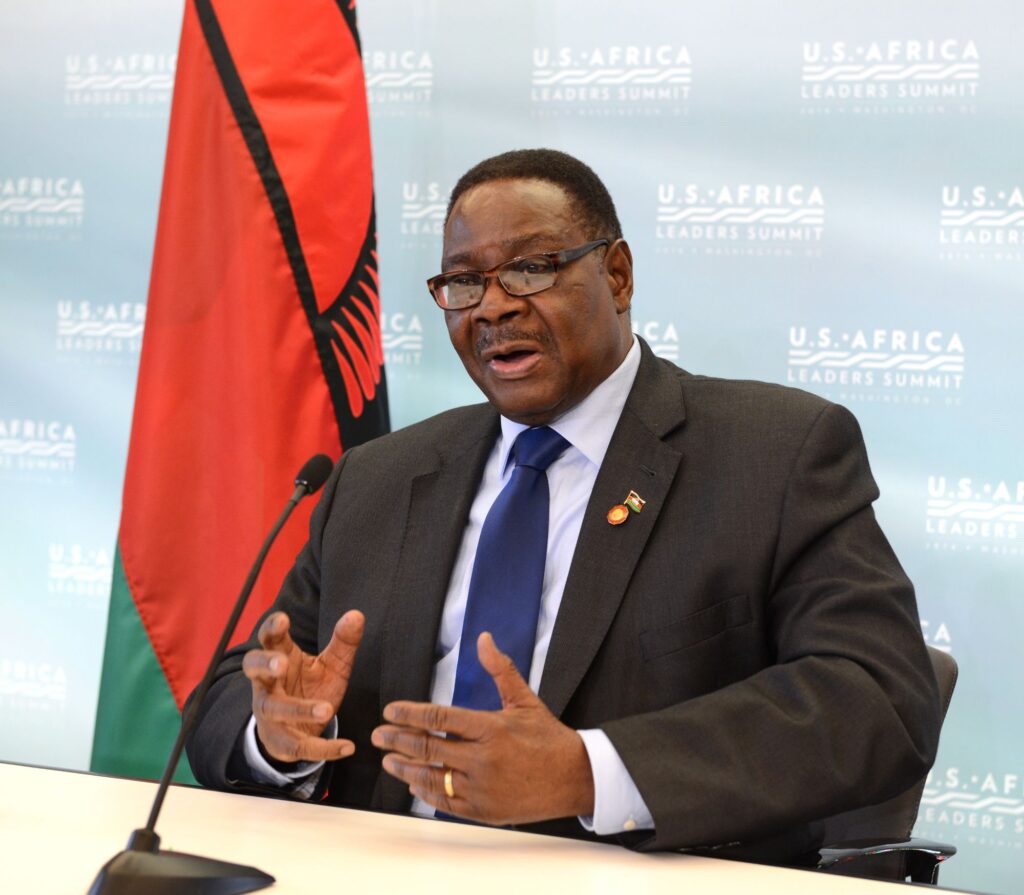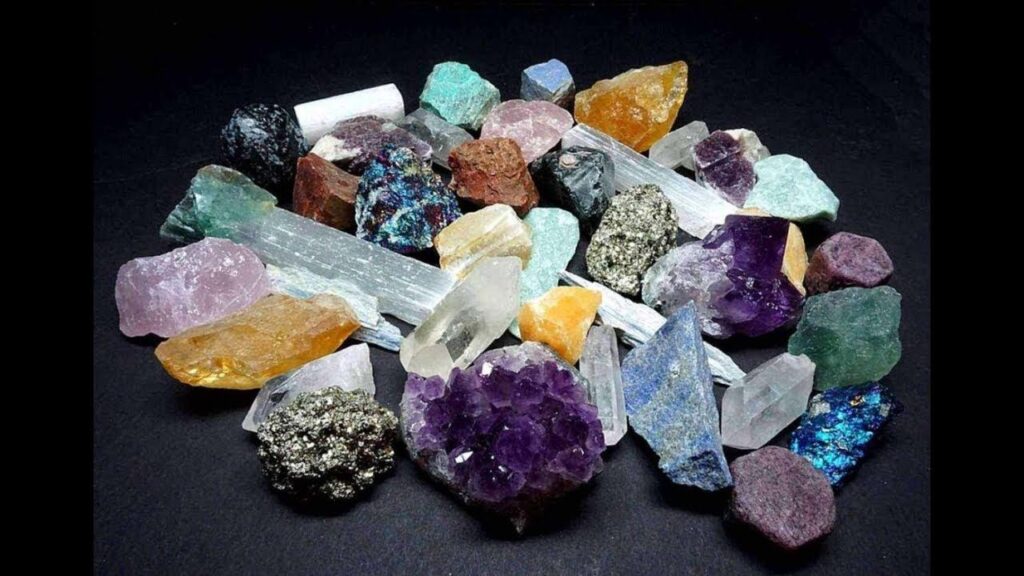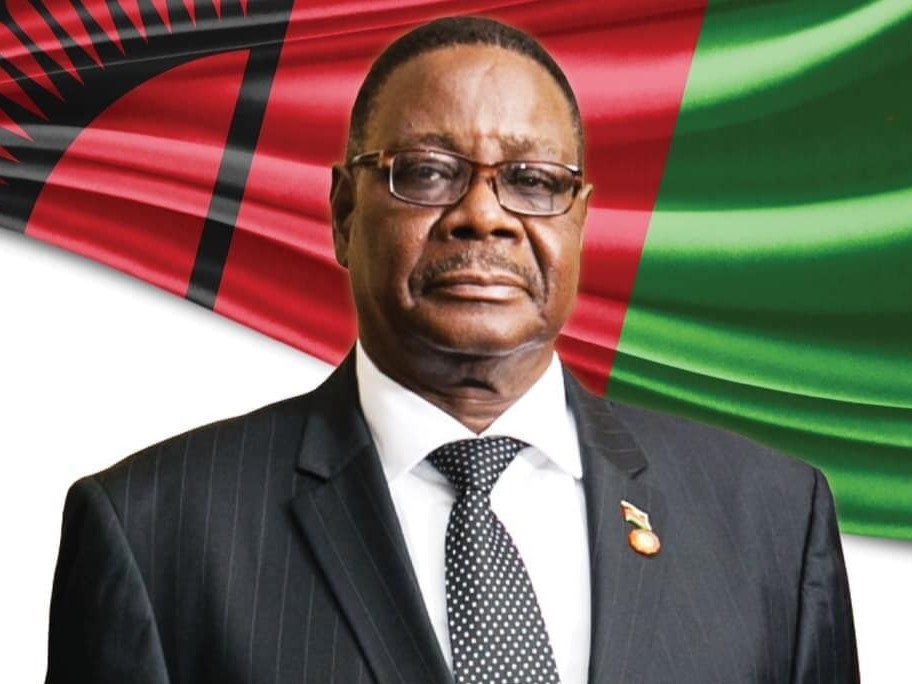Malawi’s new president, Peter Mutharika, has declared that no unprocessed mineral resources will be permitted to leave the country, marking a decisive shift in the nation’s approach to natural resource management. The announcement, which has sparked widespread debate across the continent, is part of Mutharika’s broader economic reform agenda aimed at driving industrialization, creating jobs, and increasing state revenue.
Speaking from Lilongwe, President Mutharika emphasized that Malawi’s era of exporting raw materials for minimal returns is over. He stated that the new policy will ensure that minerals such as bauxite, uranium, graphite, and rutile are processed locally to add value before exportation. According to the president, this measure is designed to empower local industries, strengthen the economy, and prevent foreign exploitation of Malawi’s vast mineral wealth.
“Malawi will no longer be a source of cheap raw materials for other nations’ industries,” Mutharika declared. “From now on, every ounce of our minerals must contribute to the development of our factories, our jobs, and our economy before it leaves our soil.”

Economists and policymakers have lauded the move as a bold and necessary step toward sustainable economic transformation. The decision aligns with the African Union’s Africa Mining Vision, which encourages member states to harness mineral resources to achieve inclusive growth and socio-economic development.
Malawi, often referred to as “The Warm Heart of Africa,” has long relied on agriculture as the backbone of its economy. However, the country’s mining sector has remained largely underdeveloped despite its rich mineral deposits. Analysts believe that President Mutharika’s decision could reposition Malawi as a competitive player in the regional minerals market if implemented effectively.
Preliminary government assessments suggest that by processing minerals domestically, Malawi could earn an estimated $500 million annually, a significant boost compared to its current mineral export earnings. The administration plans to channel these revenues into infrastructure development, education, and healthcare, while also attracting foreign investors interested in value-added industries.

The government has already begun investing in key mining sites across the country. Among these are the rutile deposits in Kasiya, located in the central district of Lilongwe, and the rare earth elements found at Kangankunde in Balaka. Both sites have attracted global attention due to their high mineral grades and potential to support large-scale production. The Ministry of Mining has also revealed plans to develop graphite processing plants in the Malingunde area to support local battery and technology industries — a move aligned with the global demand for clean energy materials.
Industry experts, however, caution that the transition from raw mineral exports to full-scale local processing will not be without challenges. They point to the need for significant investment in infrastructure, energy supply, skilled labour, and technology. Without these, Malawi may struggle to achieve the expected industrial capacity required to sustain large-scale mineral processing.
Dr. Thokozani Chirwa, a senior economist at the University of Malawi, noted, “This is a visionary policy, but it will require serious commitment and coordination between the government, investors, and local communities. If managed well, it could mark the beginning of a new economic era for Malawi.”

Environmental groups have also expressed cautious optimism, urging the government to ensure that the mining boom does not come at the cost of ecological degradation. They have called for stronger environmental regulations, community consultations, and sustainable practices in all mining activities to prevent land and water pollution.
Meanwhile, small-scale miners and local entrepreneurs have welcomed the policy, seeing it as an opportunity for increased participation in the mining value chain. The government has hinted at introducing incentives for local businesses that invest in mineral refining and industrial production, including tax breaks and access to low-interest financing.
The new export ban is expected to reshape Malawi’s trade relations with key partners, including China, Australia, and India; countries that have previously imported raw materials from the nation. Analysts suggest that while short-term exports may decline, long-term gains through refined product sales could make Malawi one of Africa’s fastest-growing mineral economies.
In recent years, several African countries, including Ghana, Tanzania, and Namibia, have adopted similar policies restricting the export of unprocessed minerals in a bid to capture more value from their natural resources. Malawi’s decision follows this growing continental trend, signaling a shift from resource dependency to industrial empowerment.

President Mutharika concluded his statement with a call for unity and national pride in the country’s new direction: “This is our time to take charge of our destiny. The minerals beneath our feet must work for Malawians; not just today, but for generations to come.”
As Malawi embarks on this ambitious journey toward industrial self-reliance, the world will be watching to see whether this bold policy becomes a catalyst for economic transformation or another unfulfilled promise in Africa’s long struggle for equitable resource management.
Crown Prince Honours Morocco’s U-20 Team After Historic FIFA World Cup Victory

